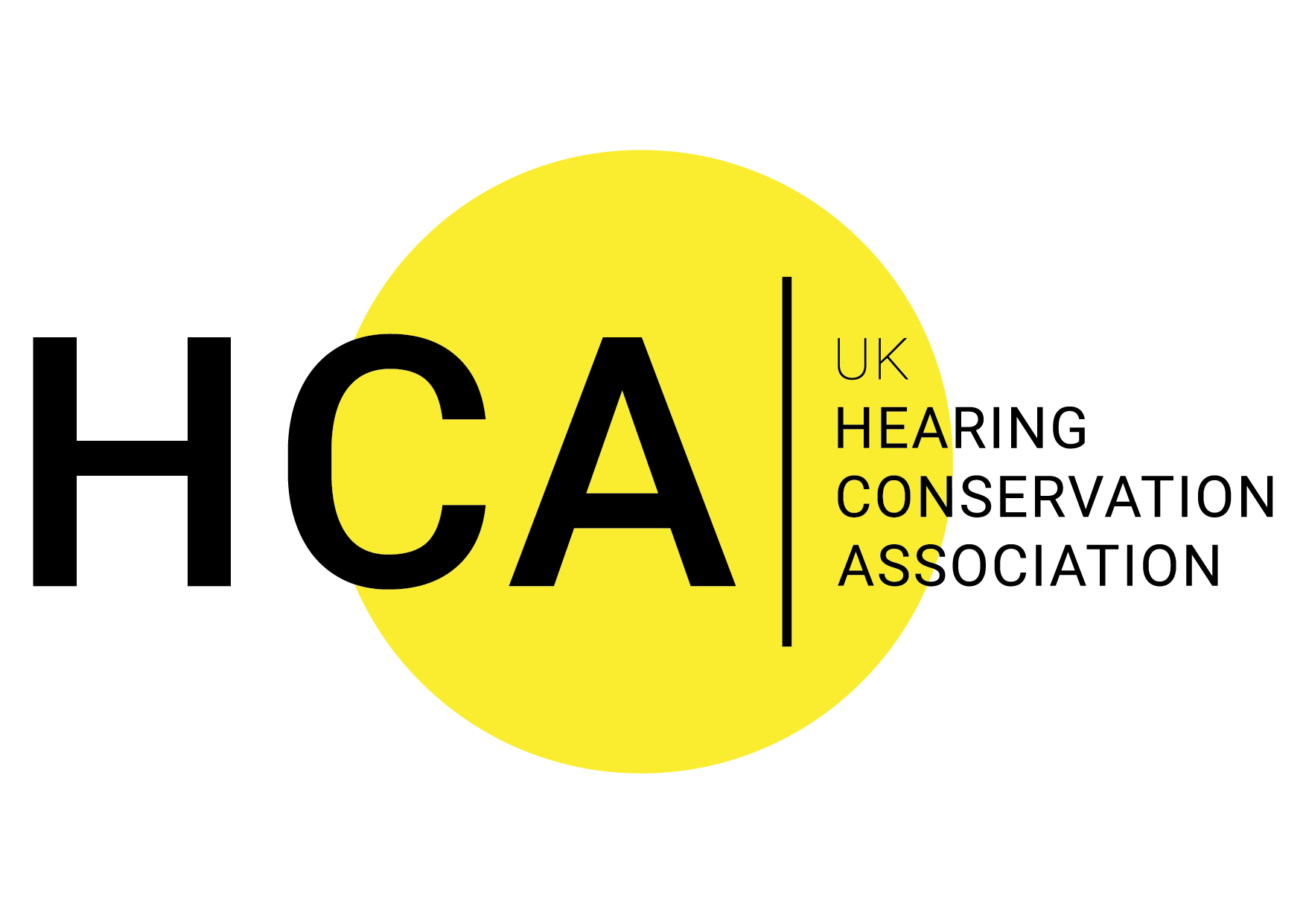Here at UKHCA we stand on the shoulders of giants! Our approach and ambitions closely emulate that of the National Hearing Conservation Association (NHCA) in the States and we strongly believe there has been a gap for such an approach in the UK. We are therefore liaising closely with our counterparts to learn from their experience and ensure we can bring as much success and influence as they have managed – spreading the word, developing science and changing attitudes.
“We enjoy working with our international counterparts and are excited to see your organization launch on World Hearing Day 2019. NHCA is happy to support the UKHCA and its endeavour to prevent noise-induced hearing loss”
States Dr. Amy Blank, president of NHCA.
NHCA is an organization of professionals who share a common goal ‑ the prevention of hearing loss due to noise and other environmental factors. It is the only national organization whose sole concern is the prevention of hearing loss in persons who live, work, and play in noise.
NHCA was formed in June of 1976, with the founders being mainly audiologists and otolaryngologists who were concerned with the serious problem of noise‑induced hearing impairment resulting from occupational exposure to noise. The Association was created to provide a forum where others of similar persuasion could share information and gain increased insights regarding occupational hearing conservation.
Today NHCA is composed of audiologists, physicians, industrial hygienists, safety specialists, engineers, scientists, occupational health nurses and hearing conservationists, attorneys, educators, equipment manufacturers, and others, all of whom are active in hearing loss prevention. The Association’s vital concern and focus has broadened to not only include the prevention of hearing loss due to noise and other environmental factors in the American work force, but also in the general population. As such, its interests extend to all situations in which hearing hazard exists, whether occupational settings in industry and the armed forces, or non‑occupational settings in the consumer and recreational sectors.


Recent Comments